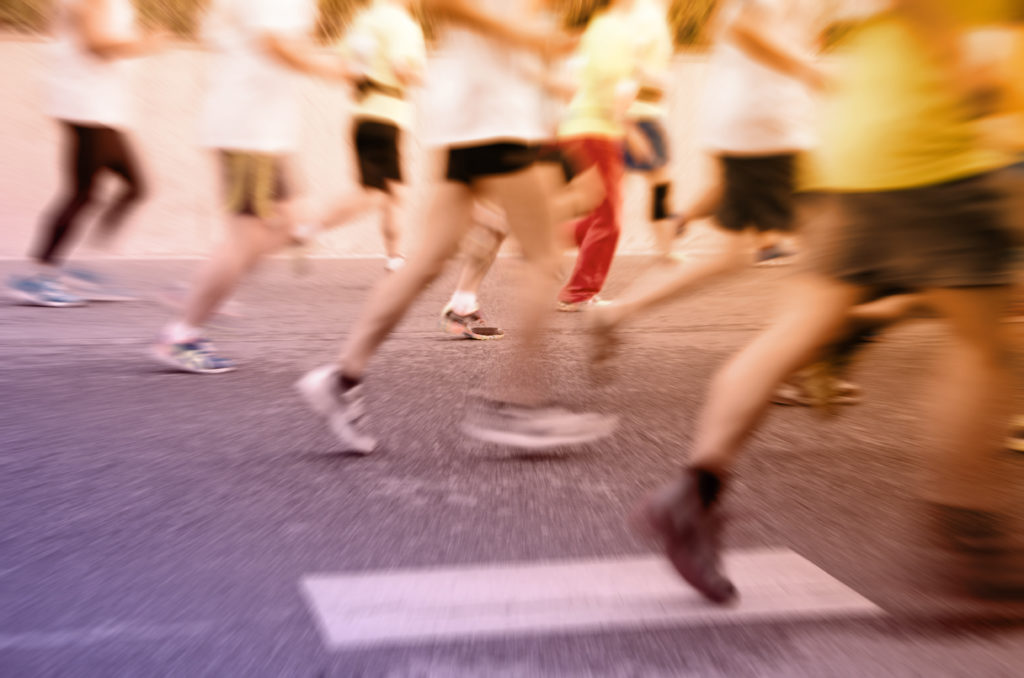Quick Hits
Daily brief research updates from the cognitive sciences

This is an older study (2017) I came across and found fascinating. As many of you regular readers will know I have reported many times on the benefits of exercise. But this study was fascinating in that it looked at the contagion effect of exercise i.e. do people affect each other with the exercise bug?
To answer that question the researchers analyses data from a global network of 1.1 million runners over a period of five years and in addition 3.4 million social network ties. That’s a lot of data! What did they find?
Well, yes there is social contagion, runners do infect each other but the specifics are quite interesting. For example, it was found that both men and women influence men (men more than women) but that men do not influence women. Another interesting influence is that of being faster or slower runner. It was found that those who were slightly slower of faster influenced other most.
Read the paper for more interesting insights but of note is that exercise (in this case running) is infectious but how infectious depends on certain other factors such as closeness, gender, and how good you and your friends are – or not.

Andy Habermacher
Andy is author of leading brains Review, Neuroleadership, and multiple other books. He has been intensively involved in writing and research into neuroleadership and is considered one of Europe’s leading experts. He is also a well-known public speaker speaking on the brain and human behaviour.
Andy is also a masters athlete (middle distance running) and competes regularly at international competitions (and holds a few national records in his age category).
Reference
Aral, S., and Nicolaides, C. (2017).
Exercise contagion in a global social network.
Nat. Commun. 8.
doi:10.1038/ncomms14753.
More Quick Hits
Swearing can increase strength, self-confidence, and risky behaviour
Quick HitsDaily brief research updates from the cognitive sciences wearing is frowned upon in many circumstances but is also used by many people in casual situations and particularly by comedians. So why do we swear if it is taboo? A team of...
Neurons for alcohol withdrawal
I’ve reported on alcohol a number of times. Most recently reporting that even low quantities of alcohol appear to age the brain (however, higher quantities are much worse). Researchers had previously found that a signalling molecule pathway in the brain seemed to...
How the Arts Help Self Control
Quick HitsDaily brief research updates from the cognitive sciencesome people criticise arts education, thinking that it is more play and has no clear life function. Normally a certain type of conservative. This is short minded; we know that arts...
How the gut communicates with your brain
Quick HitsDaily brief research updates from the cognitive sciences ust after publishing the article on Serotonin and stating that the gut and brain’s serotonin systems can be considered separate entities, out comes a piece of research to show that...
Are you an “elite sleeper”? It’s in your genes.
Quick HitsDaily brief research updates from the cognitive sciences ’ve reported many times on different aspects of sleep and how important this is for health in general and for brain health in particular. You can go here for a short review of all...
Controlling social mingling by laser
Quick HitsDaily brief research updates from the cognitive sciences here has been plenty of research into brain areas that contribute to our social brain but these researchers around Stephen Mague at Duke University went a step, or two, further and...






